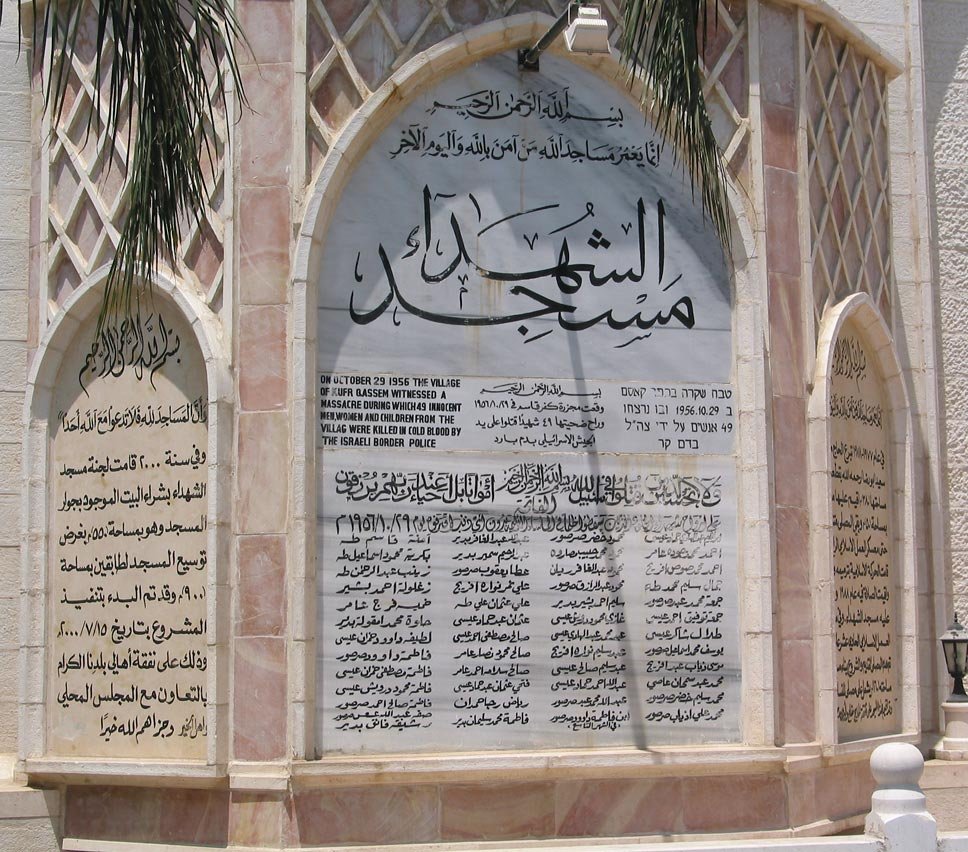The Nakba at 75: A Penn Medical Researcher Commemorates the Palestinian Expulsion
By Heather Tenzer
This month, thousands of Palestinians throughout the Greater Philadelphia area are commemorating the 75th anniversary of the Nakba (Arabic for ‘Catastrophe’). In the months preceding and following Israel’s May 15, 1948 establishment, Zionist militias and the Israeli army violently expelled three quarters — or at least 750,000 — of all Palestinians from their homes and homeland. During the massacres that followed, thousands of Palestinians were killed.
Although the Nakba began decades ago, the event never really ended. Israel’s initial capture of Palestinian territory and expulsion of its people resulted in a refugee crisis that is still ongoing. But the weight of the Nakba isn’t limited there either. As Jenkintown resident Khalil Bdeir tells Al-Bustan, “People think Nakba Day is only about people who were expelled from Palestine in 1948, but that’s not accurate.”
A scientist doing medical research at the Perelman School of Medicine at University of Pennsylvania, Bdeir is a ‘48 Palestinian' or a Palestinian with Israeli citizenship. He grew up inside the Green Line separating Israel from the West Bank on Palestinian lands confiscated by Israel in 1948. Bdeir, who was born and raised in Kafr Qasem, a Palestinian town in the region known as ‘the Triangle,’ came to the U.S. in 1996 with his wife, Yasmina, and their two eldest sons for a postdoctoral fellowship at Penn.
Having Israeli citizenship, however, doesn’t mean that Palestinians within the state are treated as such. Last year, the Israeli Supreme Court ruled that Israel can revoke the citizenship of a person who commits a “breach of loyalty” — even if it violates international law by making them stateless. Over the years, Bdeir and his family have also faced a slew of injustices at the State’s hands including a massacre, land confiscation, and prejudice based on ethnicity.
Palestinian people participate in a demonstration marking the 75th anniversary of the Nakba Day in the West Bank city of Ramallah, on May 15, 2023. (Photo by Nidal Eshtayeh/Xinhua via Getty Images)
“'The general who gave the order to shoot would give his soldiers a command in Hebrew: ‘Harvest!’”
Bdeir notes that “the Nakba is not in the past, but is actually ongoing.” A part of the Nakba, he maintains, was the Kafr Qasem massacre of 1956 where forty-nine Palestinians, including Bdeir’s uncle, Abdel Raheem Smeer Bdeir, were killed. It was carried out by border policeman after the Israeli government imposed a sudden curfew on Arab villages near the border with Jordan.
The massacre was unique because it took place within Israeli territory. Per the Interactive Encyclopedia of the Palestinian Question, the mayor of Kafr Qasem was informed of the curfew only a half hour before it began. Hundreds of villagers who left in the morning had no way of knowing about the orders. As residents arrived home, Bdeir says, “They lined up the people and shot them.”
Bdeir was born ten years after the massacre but he recalls the moment vividly, as if he’d witnessed it himself. He tells Al-Bustan, “The general who gave the order to shoot would give his soldiers a command in Hebrew: ‘Harvest!’” It was an order to kill.
Bdeir explains that the general used the term ‘harvest,’ as if the villagers’ bodies were pieces of produce. He adds, “They would kill five or six at a time.” According to the Encyclopedia, soldiers were told to kill anyone outside their homes after curfew, “making no distinction between men, women, children, and those returning from outside the village.”
“After they killed them, there was an [Israeli] court ordered media blackout so no one could talk about the massacre,” says Bdeir. In the aftermath of the massacre, Bdeir explains, the army closed Kafr Qasem to outsiders and brought in Palestinian villagers from a neighboring village, Jaljulia, to bury the massacred villagers.
Memorial on the mosque of Kafr Qasim (Kfar Qassem) marking the Kafr Qasim massacre.
A second of Bdeir’s uncles was injured in the massacre. In the end, Bdeir explains, “There was a trial, but the perpetrators served either only a few months or no time at all in jail. That is also a Nakba — a repeat of 1948.” After the massacre, Bdeir’s father took in and raised the children of his murdered brother.
Bdeir completed his doctorate at the Hebrew University in Jerusalem. But for the past twenty-five years, Bdeir has lived and raised his family in the Philadelphia area. He has always kept an eye on Israeli society, though. Since leaving, Bdeir says he has become “very disappointed” as the political atmosphere “is more right-wing now and fascist. That didn’t exist when I was a student at the Hebrew University.”
As for the Kafr Qasem massacre, Bdeir says that the Israeli government “never even apologized. He notes, “They were trying to scare us into running away. Fortunately, we did not run away.”
***
Heather Tenzer is a Philadelphia based journalist and filmmaker. She has been supported by grants and fellowships from Yaddo Artist Residency, the Jerome Foundation, the New York State Council on the Arts, and the Queens Council on the Arts.


